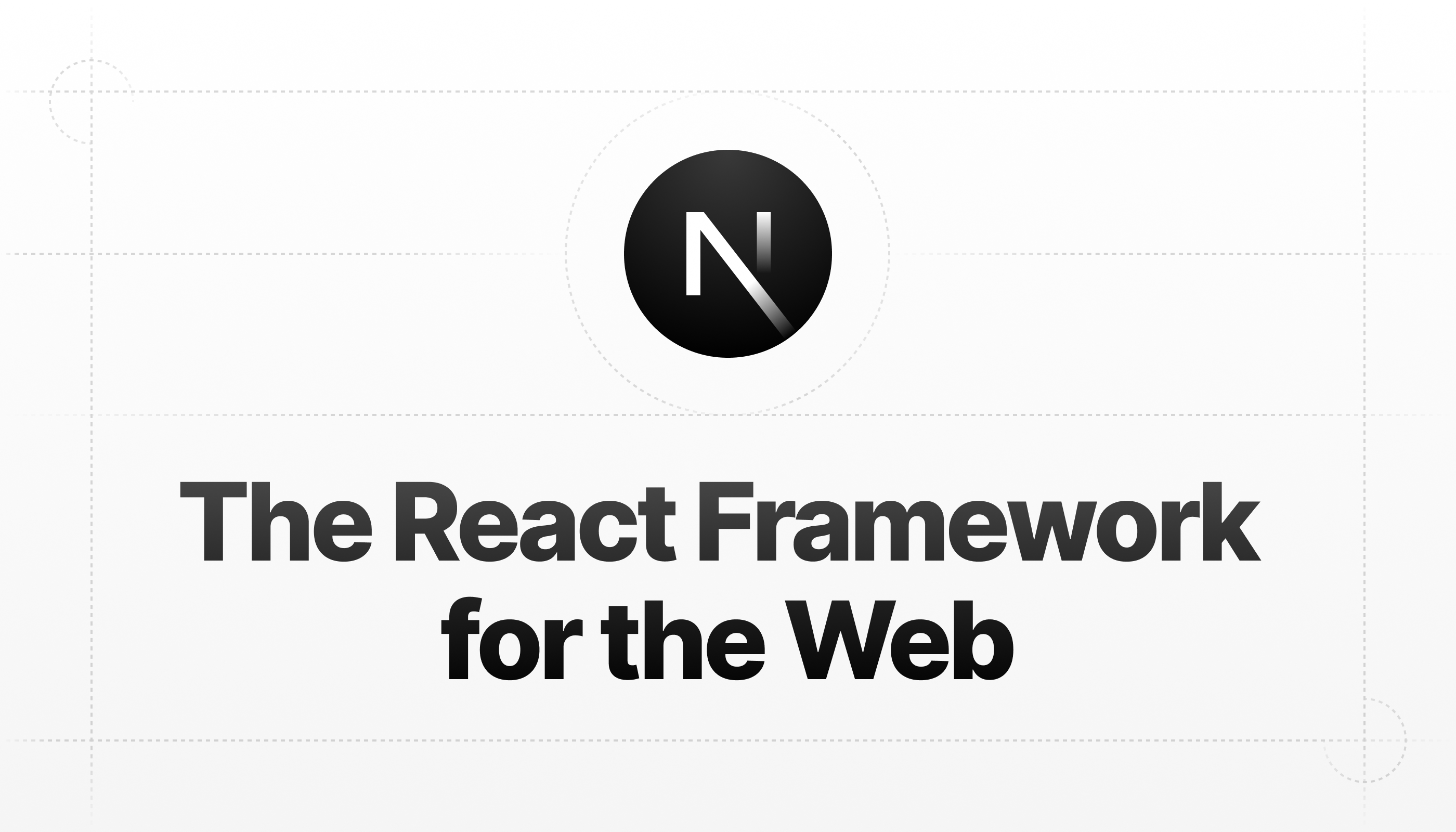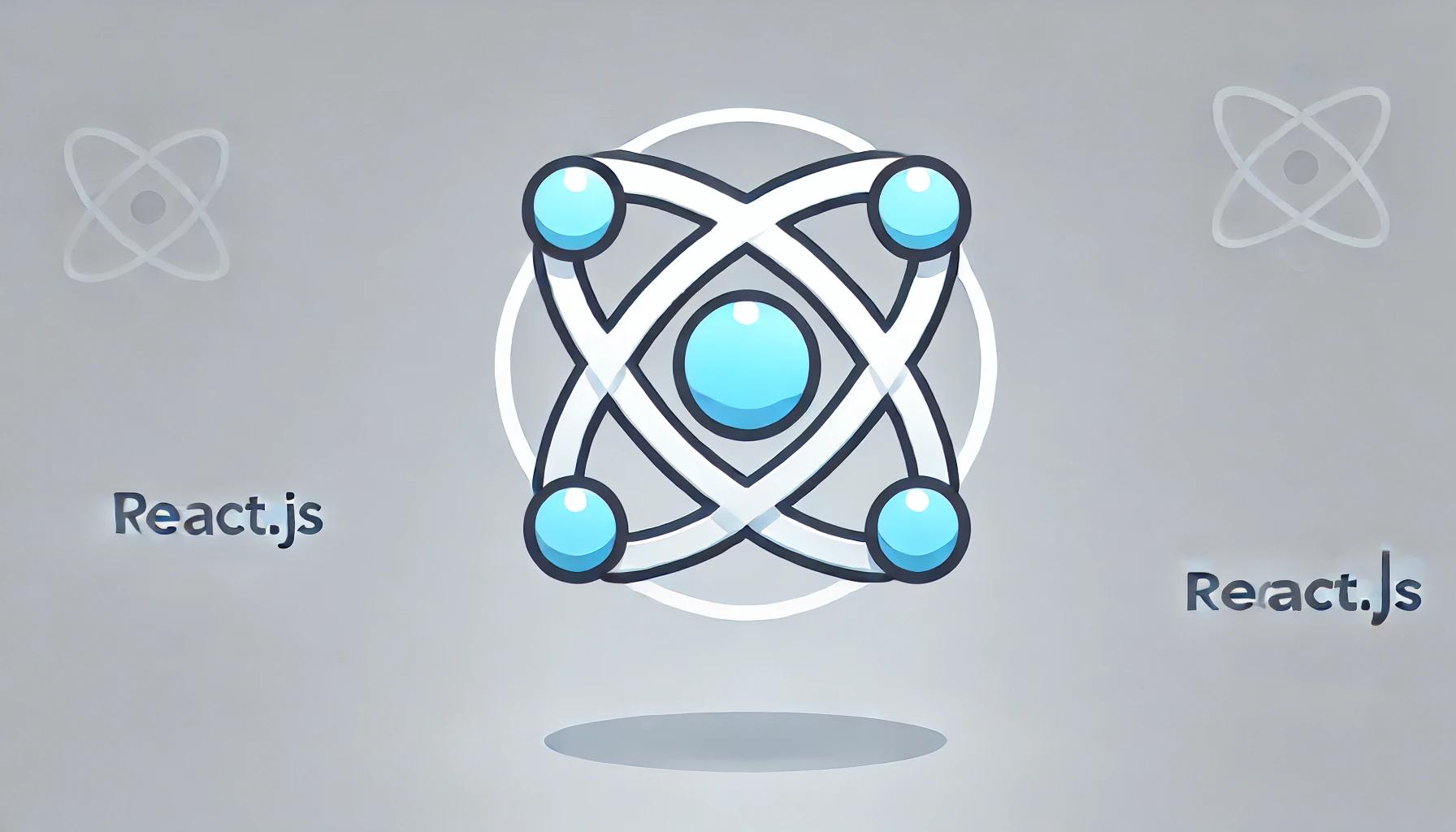Introduction to Next.js 15: What's new and What you need to know

Image courtesy Next.js(nextjs.org)
Nov 23, 2024
Here are the list of updates and improvements in Next.js 15
Speed Improvements That You'll Actually Notice 🚀
Remember those coffee breaks during build times? They might be getting shorter. Here's what's changed:
Faster Builds (Finally!)
The new incremental compilation is a game-changer. In real-world terms, if you're working on a larger project, you'll notice your builds completing significantly faster. I'm talking about the difference between "I'll grab a coffee" and "I'll just wait here."
Smarter Caching
The new caching system is like having a really efficient personal assistant who knows exactly what you need before you ask. Your apps will feel more responsive because Next.js is now smarter about what it needs to fetch and what it already has.
Smaller Bundle Sizes
Through improved tree-shaking (removing unused code) and smarter code-splitting, your JavaScript bundles are now smaller. For your users, this means faster page loads, especially on mobile devices – and we all know how important that is for keeping visitors engaged.
Developer Experience Updates That Make Life Easier 💻
TypeScript That Actually Helps
If you've ever fought with TypeScript configurations, you'll love this. The improved TypeScript support isn't just about catching errors – it's about catching them faster and with clearer messages about what went wrong. The editor integration is smoother too, so you get better autocomplete and inline documentation.
Debugging That Makes Sense
We've all been there – staring at a cryptic error message and wondering what went wrong. The new debugging tools give you error messages that actually help you understand and fix the problem. Stack traces are more detailed and actually point you in the right direction.
A CLI That Works With You
The command line interface got some love too. New commands make common tasks easier, and the output is clearer. It's like having a more helpful assistant right in your terminal.
Middleware: The Feature You Didn't Know You Needed 🔄
This is probably my favorite addition. Middleware lets you run code before your requests complete, which opens up tons of possibilities:
- Need to check if a user is authenticated? Middleware.
- Want to log specific requests? Middleware.
- Need to modify requests on the fly? You guessed it – middleware.
The best part? It's surprisingly simple to set up.
API Routes That Do More 🔌
Better Data Handling
The new API routes are more flexible with data fetching. You can now update static content without rebuilding your entire app – perfect for those constantly changing parts of your site.
Error Handling That Makes Sense
When something goes wrong in your API routes (and let's be honest, it happens), you get better error reporting that actually helps you fix the issue.
Static Site Generation Gets Even Better 📄
On-Demand Updates
This is huge for content-heavy sites. You can now update specific static pages whenever you need to, without rebuilding everything. It's like having the best of both static and dynamic worlds.
Faster Build Times for Large Sites
If you're dealing with thousands of pages, you'll notice the build time improvements right away. The SSG pipeline has been optimized to handle large sites more efficiently.
Hydration error improvements
Hydration errors now display the source code of the error with suggestions on how to address the issue which will reduce the debugging time for developer.
Similar Articles
View all
Discover 100+ ChatGPT prompt ideas organized by category — from fun and creativity to career, marketing, education, wellness, travel, and coding. Perfect for inspiration, productivity, or content creation.
Unlock your creativity with a rich collection of ChatGPT prompt ideas! Whether you're writing, coding, learning, or just having fun, this guide offers fresh inspiration to help you make the most of AI conversations.

React State Management Tools: Comprehensive Comparison and Guide Which is better ?
A comparison of popular state management libraries including Redux, MobX, Recoil, Zustand, and Jotai. Learn about their pros, cons, and best use cases for choosing the right solution for your application.

The Must-Know popular JavaScript Frameworks of 2024: A Developer's Friendly article
ive into the exciting world of JavaScript frameworks! Whether you're a coding newbie or a seasoned dev looking to level up, this guide breaks down 2024's hottest frameworks in plain English. From React's powerful ecosystem to Svelte's revolutionary approach, discover which framework fits your coding style and project needs.